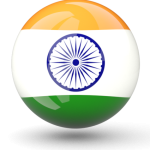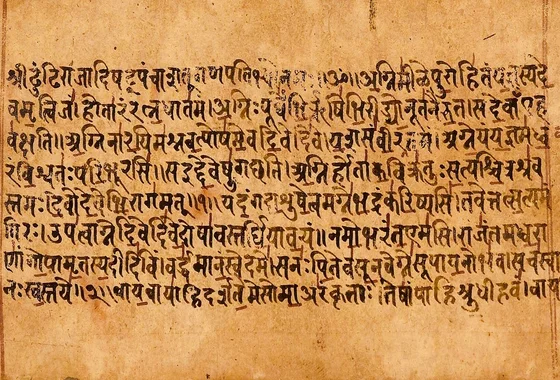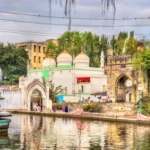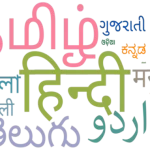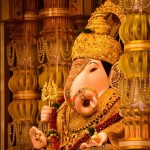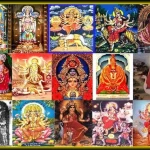Discover the captivating journey of Indian literature, weaving together timeless epics and modern narratives, reflecting rich cultural heritage. 📚🇮🇳 #IndianLiterature
Introduction:
Indian literature is a rich tapestry woven with the threads of ancient epics, historical legends, and diverse cultural narratives. From the sacred Vedas and timeless epics like the Ramayana and Mahabharata to the literary gems of modern authors, Indian literature has captivated hearts and minds for centuries. In this blog, we delve into the evolution of Indian literature, exploring the unique characteristics of its different eras and the profound impact of its narratives on the world of literature.
Ancient Epics and Historical Legends:
Indian literature's roots lie in the Vedic age, with the Rigveda being one of the oldest scriptures in the world. The Ramayana and Mahabharata, composed in Sanskrit, are timeless epics that not only narrate extraordinary tales but also impart valuable life lessons.
Classical Literature and Sanskrit Poetry:
During the Gupta era, classical literature flourished with notable works like Kalidasa's plays and poetic compositions. Sanskrit poetry, with its lyrical beauty, celebrated love, nature, and spirituality.
Medieval Literature and Bhakti Movement:
The medieval era witnessed the rise of regional literature in languages like Tamil, Bengali, and Hindi. The Bhakti movement, characterized by devotion to God, inspired a vast corpus of religious poetry and devotional literature.
Mughal Influence and Urdu Poetry:
The Mughal period brought Urdu to prominence, with poetry flourishing under the patronage of rulers like Emperor Akbar. Mir Taqi Mir and Ghalib emerged as iconic poets of this era.
Colonial Impact and Indian English Literature:
The British colonial era influenced Indian literature, leading to the emergence of Indian English literature. Authors like Rabindranath Tagore and R.K. Narayan became global literary figures.
Modern Indian Literature and Social Realism:
Post-independence, Indian literature witnessed a surge of social realism and progressive thoughts. Authors like Mulk Raj Anand, Raja Rao, and Arundhati Roy contributed to the world of contemporary literature.
Indian literature is a testament to the rich cultural heritage and diversity of India. From ancient epics to modern novels, it continues to inspire and resonate with readers across the globe. As we celebrate the legacy of Indian literature, let us embrace the profound wisdom, artistic brilliance, and timeless narratives that have shaped the literary landscape, making it a treasure trove of human experiences and emotions.

